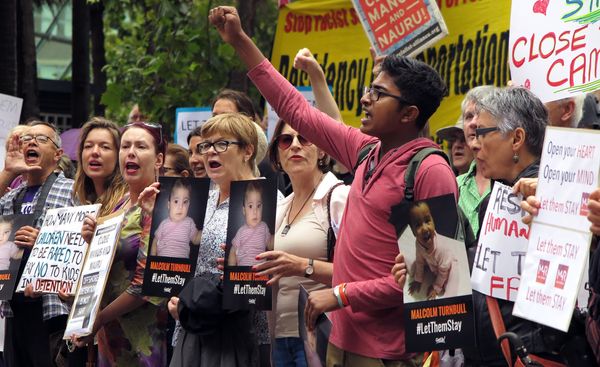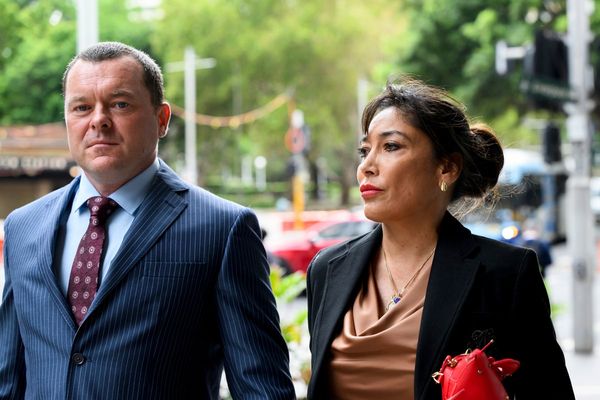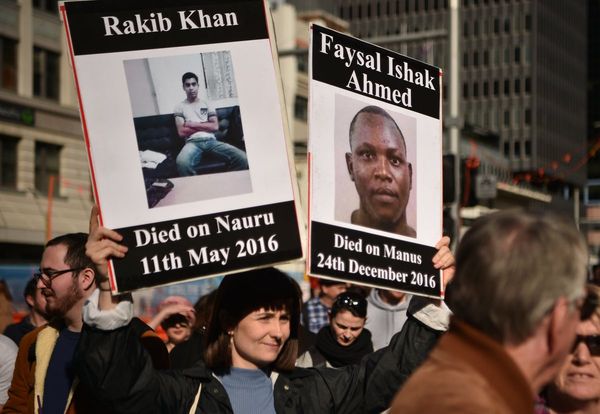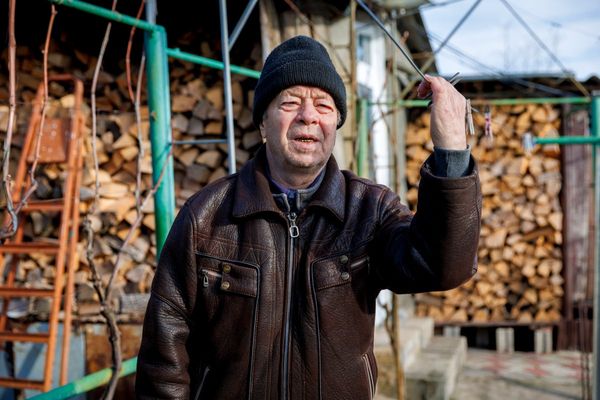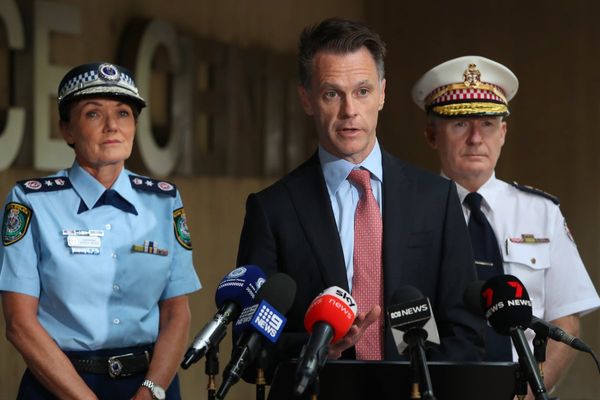With COVID-19 cases in Western Australia anticipated to rise sharply at the end of the month, health authorities have moved to restrict elective surgeries in a bid to ease pressure on the hospital system.
The announcement came as the state recorded 13 new locally transmitted cases of coronavirus.
The Health Department said 10 had been linked to close contacts, while some of the new local cases were infectious in the community.
There were also 52 new travel-related infections, with 41 recorded in interstate arrivals and 11 in overseas arrivals.
West Australian Premier Mark McGowan said it was likely there were COVID-positive people in the community who weren’t getting tested.
“That is why we are expanding the provision of Rapid Antigen Tests, that’s why our PCR clinics are ramped up, that is why we are encouraging people every day to go and get tested," he said.
Mr McGowan said the state had the capacity to conduct 35,000 PCR tests daily.
Elective surgery to pause for up to 8 weeks
Under the elective surgery changes, no new bookings will be taken for non-urgent category two and three procedures after February 28.
WA Health director-general David Russell-Weisz told ABC Radio Perth the suspension of new bookings was expected to last between six and eight weeks.
"If you can see over the last few months what's happened over east, there's been cancellation of elective surgery more reactively," he said.
"We have tried to do this proactively.
Dr Russell-Weisz said category one surgeries and already booked procedures would be going ahead.
"What we didn't want to do is actually cancel swathes of patients," he said.
"So rather than cancel them, it's not booking those non-urgent patients, and then we'll do a catch up later."
'Uptick' predicted at end of month
It is expected there may also be a cap on the number of surgeries performed each week, but Dr Russell-Weisz said if cases did not rise more procedures would go ahead.
"I'm not belittling what people need in relation to their elective surgery, and we do need to do a catch-up as well," he said.
"But what we don't want to do is have patients booked and then go through the real disruption for patients of cancelling them.
"This is actually doing it in a planned way, and I can assure you, if we don't get the cases that we think are coming through with COVID, then we will add more elective surgery cases in that week."
Dr Russell-Weisz said February 28 was chosen after talks with the Chief Health Officer (CHO) Andy Robertson, because after that point it was anticipated case numbers would rise sharply.
"In discussions with the Chief Health Officer, that's where we think we will have an uptick, and then the peak will come a little bit later," he said.
WA has reached a first dose vaccination rate of 98.1 per cent, a second dose rate of 93.6 per cent and a third dose rate of 45.6 per cent.
Cases set to start doubling quicker
Speaking on Monday as relaxed isolation protocols and close contact definitions were announced, Dr Robertson said the rate of increasing cases in WA was growing.
"If you look at those numbers, you'll see that we are doubling," he said.
"The thing is that nobody notices us doubling at the early stages, eight to 16 nobody notices."
The CHO said a growing number of the new cases were locally acquired and unlinked to previous cases.
Dr Robertson said the case numbers in Western Australia were currently doubling about every seven days.
"The doubling rate of this disease is usually, at its peak, around every three days," he said.
"We're not there yet, we're still early on, but it will start to double from here."
More RATs planned amid testing queues
There have been reports of long queues at Perth COVID testing clinics in recent days, something Dr Russell-Weisz said was likely due to more than 10,000 arrivals at Perth Airport over the weekend requiring tests, along with a high number of exposure sites identified recently.
He said the availability of rapid antigen tests could ease the pressure on testing clinics.
"We're working very hard at the moment in relation to the rapid antigen tests to make them more available," he said.
"Not only locally, but in relation to the incoming passengers as well."
"We will do all we can to reduce those queues, but obviously there are going to be times where it's going to be very busy, and we do ask people for their patience."
Doctors welcome new protocols
The announcement on elective surgeries came as WA this morning adopted its COVID-19 protocol changes for close contacts, isolation and testing.
Australian Medical Association WA president Mark Duncan-Smith said the new measures were a sensible response to the state's higher caseload, which was not being accurately represented in case numbers due to low testing rates.
"This is an evidence-based decision. It protects the children from the point of social interaction at school, education at school, and then also the parents aren't out of work for an extra week," he told ABC Radio Perth.
Dr Duncan-Smith urged the state government to follow South Australia's lead on introducing "low-level restrictions" to reduce peak case numbers.
"They're not arduous restrictions, it's not a lockdown, but what it's done is reduce the actual peak number of cases [in SA] from 30-40,000 new cases a day, down to a peak of only 6,000 cases a day," he said.
"South Australia has provided WA with a blueprint of how to go through COVID and Omicron without busting our medical system. "
Tourism Council of WA chief executive Evan Hall said the new measures would not do much for local tourism.
"It's a huge [time] for Australia knowing that international tourists can come back. But it's not really going to mean much for us in WA until the quarantine isolation period is zero for international arrivals," he told ABC Radio Perth.
"Businesses need certainty, we need to have a plan to work towards, and that really involves having a date.
"While we have this indefinite border there's really nothing to hold on to, and very little for these businesses to aim for."
Cafe allegedly used unvaccinated staff
Police have arrested and charged the owners of a cafe in Perth's northern suburbs after it allegedly continued to operate with unvaccinated staff despite warnings.
A WA Police spokeswoman said officers attended Topolinis Cafe on Beach Road in Warwick about 1pm Monday following a public report that staff were unvaccinated.
She said police advised the owners of their obligations and closed the cafe.
Police returned to the cafe about 5:30pm and it was allegedly open again and trading.
Staff were asked to leave and the cafe was closed again by police.
A 51-year-old woman and a 22-year-old woman were arrested and have since been charged with breaching the Emergency Management Act.
Two men and another woman were also issued with infringements under the act.
